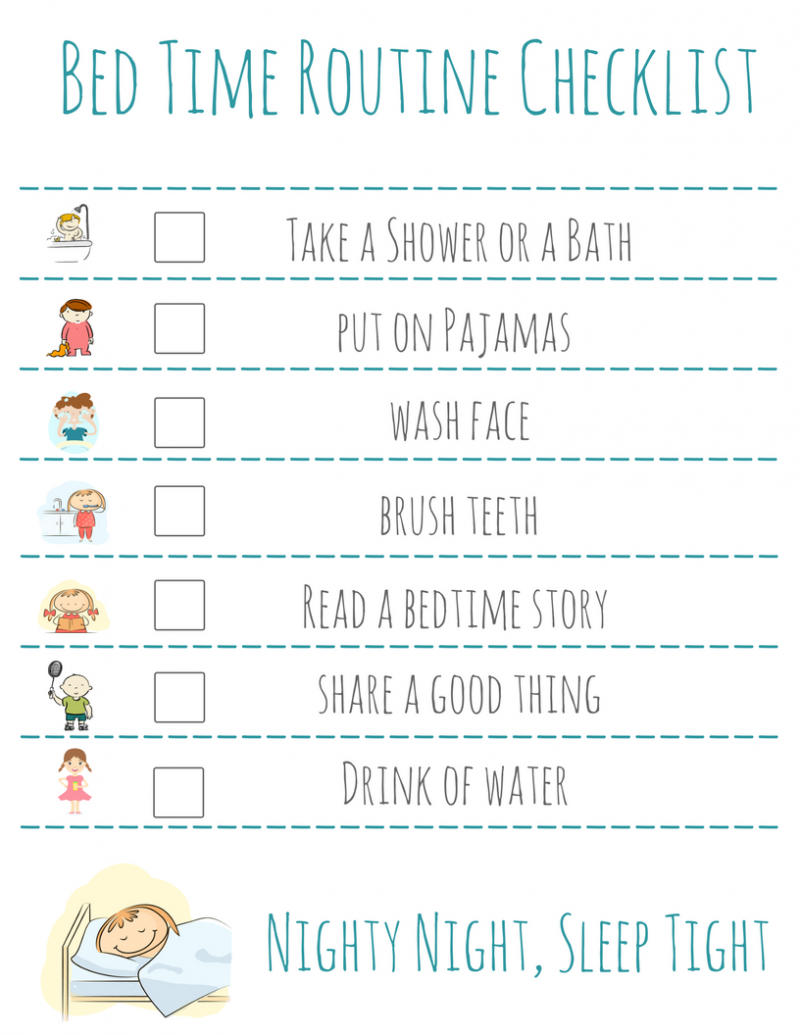
Researchers believe things like when children go to bed and wake up, how often they wake during the night, and how long it takes for them to fall asleep may play more of a role in poor health. “So the next step is to find out exactly what drives sleep problems, if it isn’t sleep duration.” “Existing literature supports the notion that shorter sleep is associated with poorer child and parent health and wellbeing, however we found, at most, modest associations between decreasing sleep duration and some poorer child and parent measures at some ages and no associations at other points,” says lead researcher, Dr Anna Price.ĭr Price says it appears sleep duration in itself isn’t a big factor in the good or poor health of children, but it is known that children with sleep problems do have poorer health. They studied more than 4,000 four to nine-year-old children, and researchers say what they discovered may mean current sleep guidelines for children are ‘misguided’. Things such as when children go to bed and wake up may actually be to blame. Researchers have recently found short sleep duration isn’t linked to poor health in children.
Bedtime chart by age and wake up time how to#
It’s only a matter of time.Sleeping How to set good sleep foundations from the very beginning Next How much sleep do children need? By starting schools and universities later we’ll raise safer, healthier and smarter teens at no real cost. Schools and parents all over the world need to change how they treat teenagers: rather than blaming them for being sleepy in the mornings, let them wake and sleep later to match their biological time. Her conclusion was dramatic: much later starting times of 11am or even 12pm are best for cognition. Mariah Evans at the University of Nevada, Reno used new methods to identify the best times for teenagers aged 18 to 19. The sleep calculator is simple to use and helps make sure that you’re giving yourself enough time for rest. Use the calculator to determine an optimal sleep schedule based on your unique situation, including your age and either your bedtime or wake-up time. There is further evidence that later starts are even better: studies show there are clear health benefits for 13 to 16-year-olds who start school at 10am. The sleep calculator helps put your sleep on the right track. Yet early starts are still common in many countries around the world, among them Australia, UK, France and Sweden. The American Medical Association now recommends that no classes for teenagers should begin before 8.30am. There is extensive medical evidence about the harms of starting school or university too early: doing so places teenage students at greater risk of obesity, depression, drug use and bad grades. The US Centres for Disease Control and Prevention has drawn together many scientific studies to demonstrate that US schools should set later starting times.

This means that biological time – which determines when you feel sleepy – is different from social time, which is set by clocks and customs about when things should be done. By raising blind mice, Foster was able to show that all mammals’ sleep times depended on sunlight only. Sleep deprivedĪt about the same time the Munich study came out, Russell Foster at the University of Oxford made a key breakthrough in the neuroscience of time. The link between the movements of this biological clock and the process of puberty was so strong that the researchers suggested this “peak lateness” at the end of the teenage years could be the biological marker for the end of puberty. Their study showed that the 24-hour cycle which determines when you wake and sleep gets later during your teens, reaching its latest point by the age of 20.Īfter 20, the body’s waking and sleeping times gradually get earlier again, until at 55 you naturally wake about the same time as you did when you were 10.



In 2004, researchers at the University of Munich proved that teenagers actually have a different sense of time. While it’s true that plenty of teenagers (like many adults) do have bad bedtime habits, researchers have long since proven that this global problem has a biological cause. In societies the world over, teenagers are blamed for staying up late, then struggling to wake up in the morning.


 0 kommentar(er)
0 kommentar(er)
